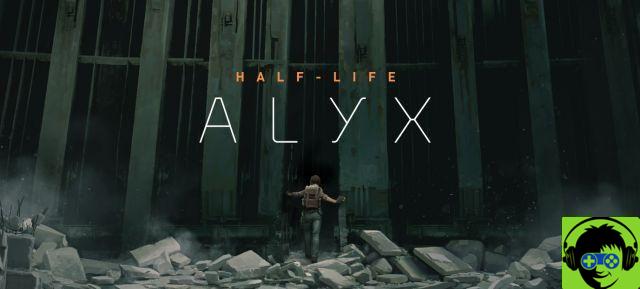It is another of the disturbing news with which we begin the year and which, once again, pushes away the idea of the true technological independence of Europe.
A few months ago we already wrote an article about Palantir, happy not to have to know that it existed. Although I recommend that you read the whole article, because it contains a lot of interesting information, I extract part of it here, so that you have context.
" Palantir develops technologies directly for government agencies, especially those in the United States. Software that allows the American police to identify millions of people by relating all kinds of public information about them. "
The sinister references to fiction do not end there: “Gotham, the name given to Palantir's software, is a sort of aggregator that collects everything possible about a person from different databases. From there it crosses and merges the data to create a unique profile as complete as possible for each person ".
Palantir is about to go public after 16 years as a private company. Despite sixteen years in business, it only started to have positive (beneficial) results in 2020.
What is Gaia-X
In general terms, Gaia-X is the European government's initiative to create its own "cloud" capable of offering an alternative to the large virtual systems of Amazon, Google, Microsoft, ...
According to Gartner data from mid-2019, Amazon is the market leader in cloud services with a 47,8% share, followed by Microsoft with 15,5%, Alibaba with 7,7% and Google with 4%.
That it is the governments that have to create this initiative, because it is something that companies cannot do in Europe, perhaps it should lead to a deeper reflection on why this anomaly occurs and what should be changed for this type of infrastructure to emerge organically from the fabric. company itself. But we leave it for another day.
On its own we are already wary of the innovation and security capabilities of public institutions, and much more so if it is in an environment that moves so fast, as susceptible to attack and as competitive as virtual storage, but we will still give a vote of confidence to ' initiative.
It is a cooperation between France and Germany, which brings together 22 large companies to build a competitive infrastructure (including SAP, Deutsche Telekom, Deutsche Bank, Siemens, Bosch and Atos) which will be joined later by a hundred other entities, including educational institutions and businesses, according to Neowin.

Palantir entra in Gaia-X
On December 18, 2020, Palantir announced that he was becoming a member of Gaia-X.
In November 2020, Palantir joins GAIA-X as a proud member from day one. GAIA-X sees itself as a data infrastructure and an open digital ecosystem "initiated by Europe, for Europe"
medium
Ironically, Palantir herself raises this question in her text:
Why a company like Palantir Technologies, founded in Silicon Valley and headquartered in Denver, Colorado, should consider participating in such an important, appropriate and coherent project, which aims to promote "data sovereignty and the availability of European data" ?
What interest could a company like Palantir have in joining a company that wants to be the European data platform? There is no need to answer, of course.
But even more intriguing, what interest can the European Union, or the countries that sponsor it (France, Germany, etc.) have in having such a partner expert in profiling and collecting information from various sources?
Conclusion
If what the European Union wants is to convey trust and security in data processing, having such partners is the wrong path. Not only does the technological independence “created by Europe for Europe” explode, but it is the typical partner / mole who does not put anyone at ease in his presence.
It is foreseeable that the main customers of this type of infrastructure will be the administrations themselves, which transfer economic, health, labor, etc. information systems to their servers.
If the prospect of becoming the number one target of hackers is already more than likely, having the number one information sniffer in it makes, in our opinion, the initiative - at least as far as trust and security are concerned, born dead.
But since public money does not belong to anyone (right?), Tens of billions of euros will be buried in this adventure as citizens watch in amazement wondering if anyone really asks the questions that come to mind. And if they do, if you believe the answers.


























